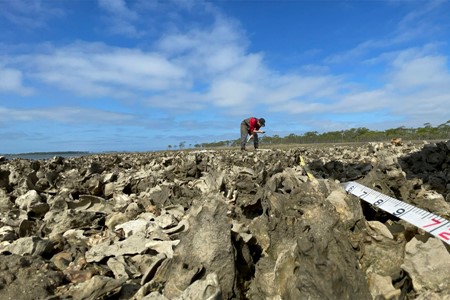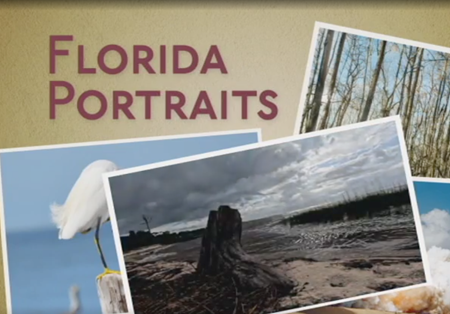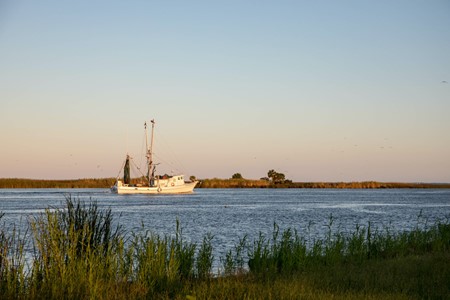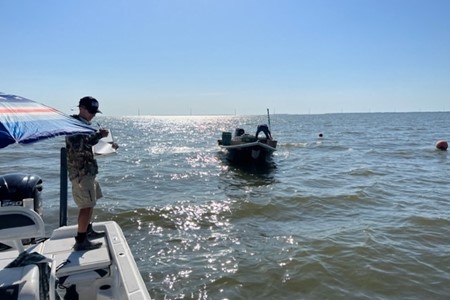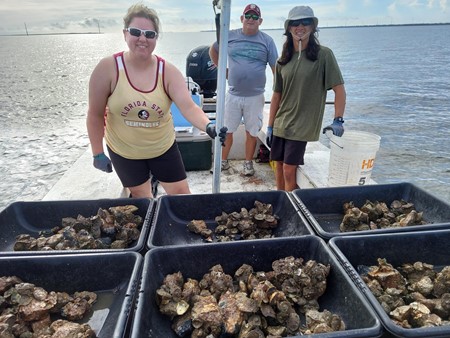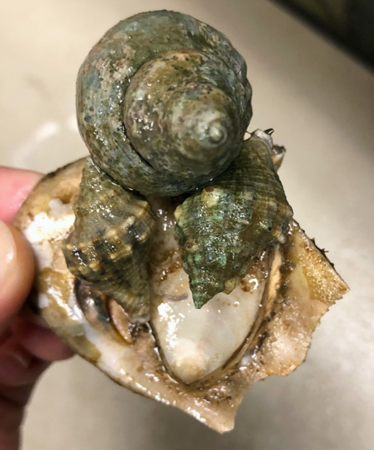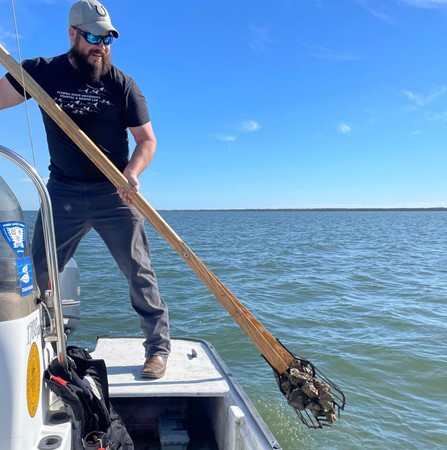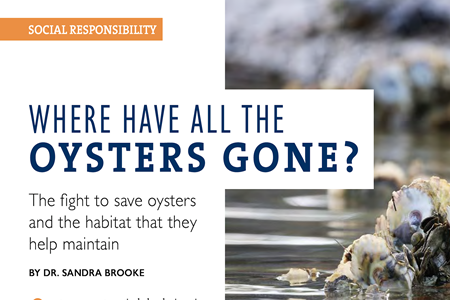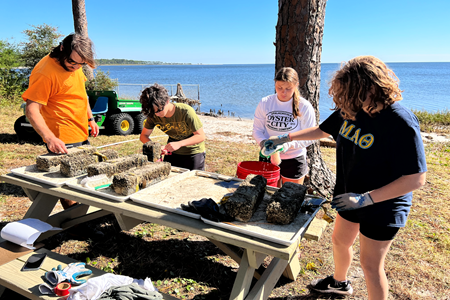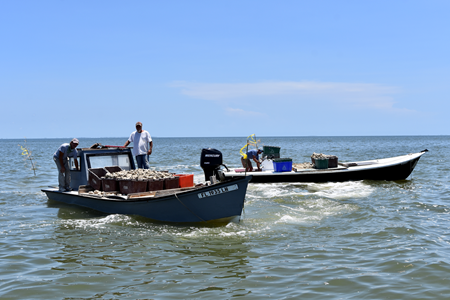After four years of bi-monthly meetings, in January 2024, the board released the Apalachicola Bay System Ecosystem-Based Adaptive Restoration and Management Plan , which contains a series of recommendations to restore the ecosystem that allowed oysters and the local seafood industry to flourish. The report is now in the hands of state policymakers who can use it to inform future management.
The Florida Channel - ABSI
The Florida Channel interviewed Dr. Sandra Brooke who is the Principal Investigator of ABSI. Learn about the causes of the Bay’s ecosystem decline and what measures are needed for wild-caught oysters to return. Click the link below to watch the interview!

